What would war between Israel and Hezbollah look like?
A conflict that neither side wants could cause devastation and spark direct US-Iran confrontation
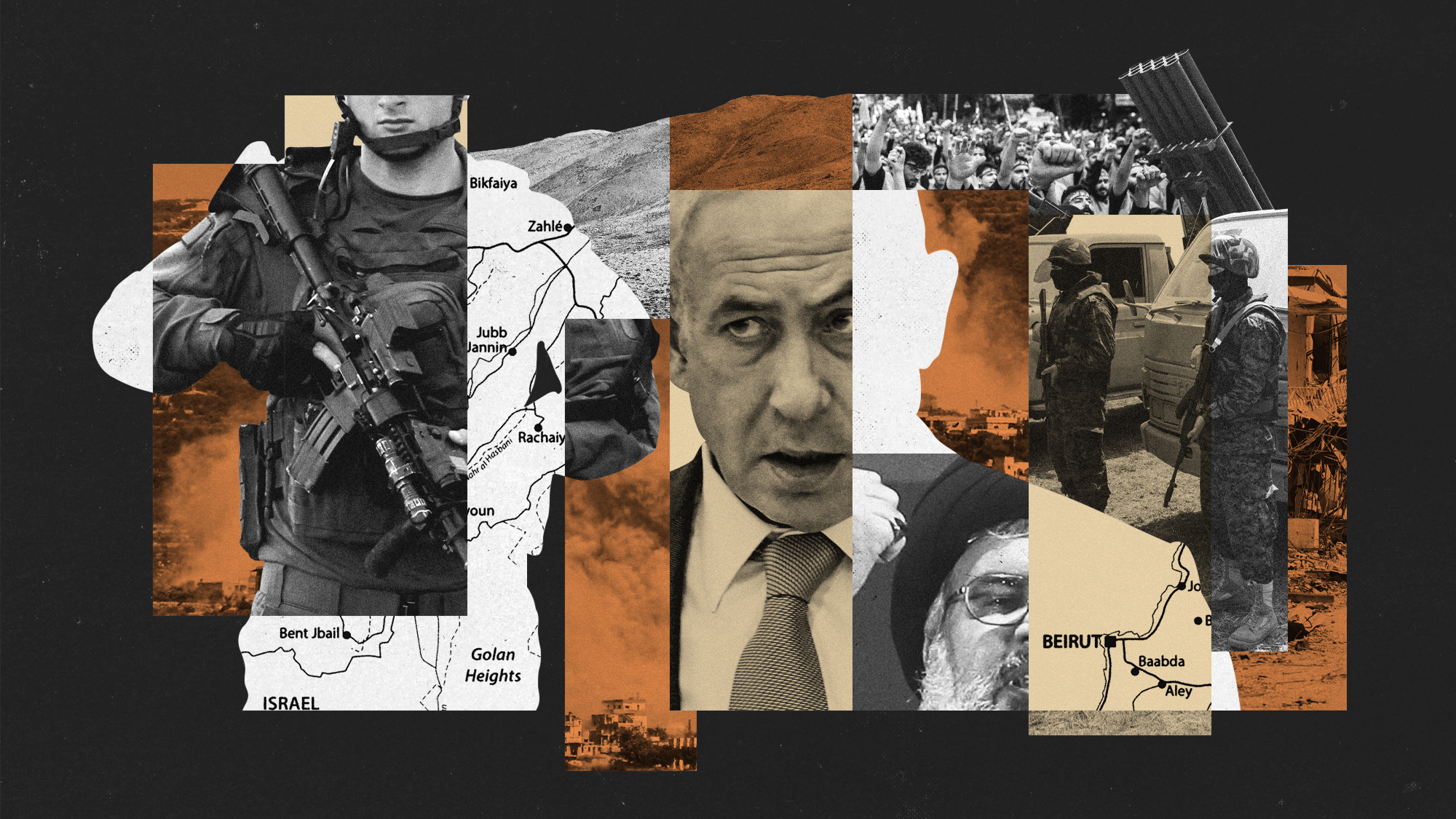
A free daily email with the biggest news stories of the day – and the best features from TheWeek.com
You are now subscribed
Your newsletter sign-up was successful
"What I worry about every single day is that a miscalculation or an accident… hits a bus full of children, or hits another kind of civilian target, that could force the political system in either country to retaliate in a way that slides us into war."
US envoy Amos Hochstein's grim prediction from May, as told to the Carnegie Endowment for International Peace, could be about to come true. Israel is preparing to retaliate against Lebanese militant group Hezbollah, which it blames for a rocket attack on the occupied Golan Heights that killed 12 Israeli children over the weekend.
"Even though both sides probably understand that a fuller or deeper-scale war is in neither side's interest," he said, events could force them into a full-blown conflict that would have devastating consequences for them both, and the region.
The Week
Escape your echo chamber. Get the facts behind the news, plus analysis from multiple perspectives.

Sign up for The Week's Free Newsletters
From our morning news briefing to a weekly Good News Newsletter, get the best of The Week delivered directly to your inbox.
From our morning news briefing to a weekly Good News Newsletter, get the best of The Week delivered directly to your inbox.
What did the commentators say?
Since the Hamas attacks on 7 October, war between Israel and Hezbollah has constantly appeared "at once imminent and at least a few weeks away", said UnHerd.
Despite numerous tit-for-tat strikes – which have killed more than 450 people in Lebanon since October and nearly 50 Israelis – a "consensus" had been emerging that an "all-out war would not happen until autumn at the earliest – and not before Israel had wound down its campaign in Gaza".
Saturday's strike, resulting in the biggest single loss of life in cross-border attacks since October, seems to have changed that calculation and hardened public opinion inside Israel.
Amid intense international efforts to de-escalate tensions, and with neither side wanting a full-blown conflict, the question everyone is asking is does Saturday's attack represent the "miscalculation or accident" Hochstein warned of?
A free daily email with the biggest news stories of the day – and the best features from TheWeek.com
It is still "unlikely due to structural factors," said Foreign Policy, including the "desire by both to avoid a destructive regional war, and Washington's uncertain security support for Israel in such a military conflict".
The problem facing Israel is that it "cannot go it alone in a drawn-out war against multiple, well-armed foes from multiple directions". Israel will respond, but "perhaps like the choreographed aerial tit-for-tat between Israel and Iran in April, it will most likely refrain from escalating to the point of no return".
What next?
The risk is that both sides continue to box themselves in rhetorically and strategically so that the only way they can emerge without losing face to their respective publics is to go to war.
Senior Israeli officials are publicly using strong language to warn Hezbollah that fighting could break out at any time. "We are on the precipice of potentially a regional or world war. Iran is behind all the aggression in the region and their ambitions are global," Fleur Hassan-Nahoum, Israel's special envoy for foreign affairs, told Politico. Saturday's "murder of those innocent children has crossed a red line".
But with Hezbollah – "Iran's strongest proxy", which is estimated to have at least 150,000 missiles and rockets pointing south – the "fear is of a war that would devastate Lebanon, and do serious damage to Israel", said CNN.
As Aaron David Miller, a senior fellow at the Carnegie Endowment for International Peace, told CNN: "It has the potential to create a situation that we have never seen in this region: a major regional war, which could draw in the Gulf." He warned this could also lead to direct confrontation between the United States and Iran.
"As the temperature rises in the region, so do concerns," said Politico. Turkey's President Recep Tayyip Erdoğan threatened on Sunday to send troops into Israel to intervene on behalf of Palestinians.
With his popularity at home plummeting, Israel's Prime Minister Benjamin Netanyahu is doing "all he can for his political survival", said the BBC's Mark Lowen. While a second front against Hezbollah could "simply be unfeasible" militarily right now, the fear is that "weakened and under pressure from far-right bellicose ministers, he may now be tempted to expand the fight into Lebanon in part for domestic political aims".
A permanent cease-fire between Israel and Hamas would "likely forestall a war in Lebanon", said Foreign Affairs. Hezbollah "remains committed to halting hostilities if Israel strikes a cease-fire agreement with Hamas in Gaza" and "amid the long war there and increasing tensions in the West Bank, Israel would likely prefer a diplomatic resolution to the tensions on its northern border".
But what each side wants and what it will get could be two very different outcomes. As Hochstein warned: "Wars have started historically around the world even when leaders didn't want them, because they had no choice."
Elliott Goat is a freelance writer at The Week Digital. A winner of The Independent's Wyn Harness Award, he has been a journalist for over a decade with a focus on human rights, disinformation and elections. He is co-founder and director of Brussels-based investigative NGO Unhack Democracy, which works to support electoral integrity across Europe. A Winston Churchill Memorial Trust Fellow focusing on unions and the Future of Work, Elliott is a founding member of the RSA's Good Work Guild and a contributor to the International State Crime Initiative, an interdisciplinary forum for research, reportage and training on state violence and corruption.
-
 Film reviews: ‘Wuthering Heights,’ ‘Good Luck, Have Fun, Don’t Die,’ and ‘Sirat’
Film reviews: ‘Wuthering Heights,’ ‘Good Luck, Have Fun, Don’t Die,’ and ‘Sirat’Feature An inconvenient love torments a would-be couple, a gonzo time traveler seeks to save humanity from AI, and a father’s desperate search goes deeply sideways
-
 Political cartoons for February 16
Political cartoons for February 16Cartoons Monday’s political cartoons include President's Day, a valentine from the Epstein files, and more
-
 Regent Hong Kong: a tranquil haven with a prime waterfront spot
Regent Hong Kong: a tranquil haven with a prime waterfront spotThe Week Recommends The trendy hotel recently underwent an extensive two-year revamp
-
 How long can Nato keep Donald Trump happy?
How long can Nato keep Donald Trump happy?Today's Big Question Military alliance pulls out all the stops to woo US president on his peacemaker victory lap
-
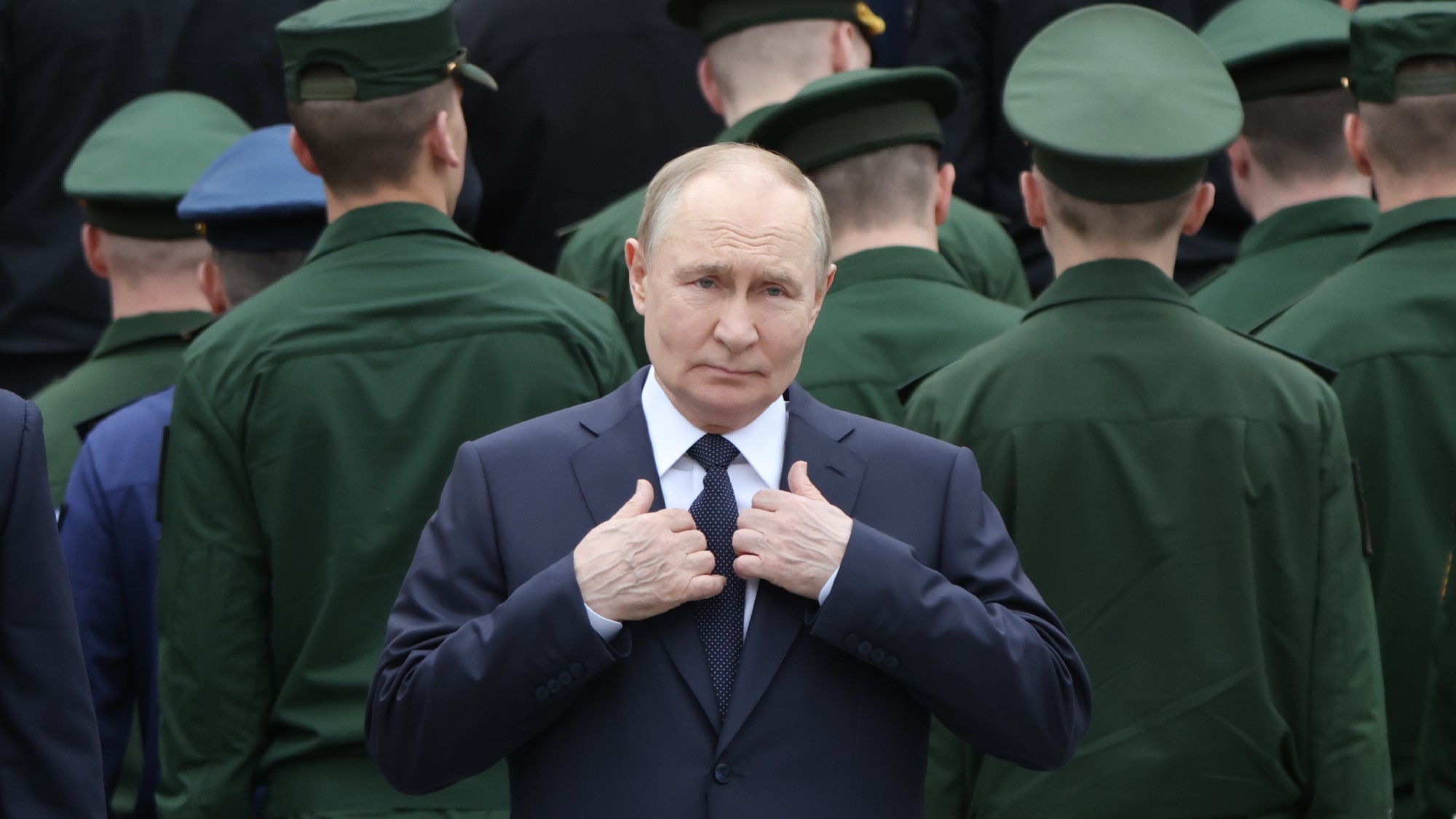 How far would Russia go for Iran?
How far would Russia go for Iran?Today's Big Question US air strikes represent an 'embarrassment, provocation and opportunity' all rolled into one for Vladimir Putin
-
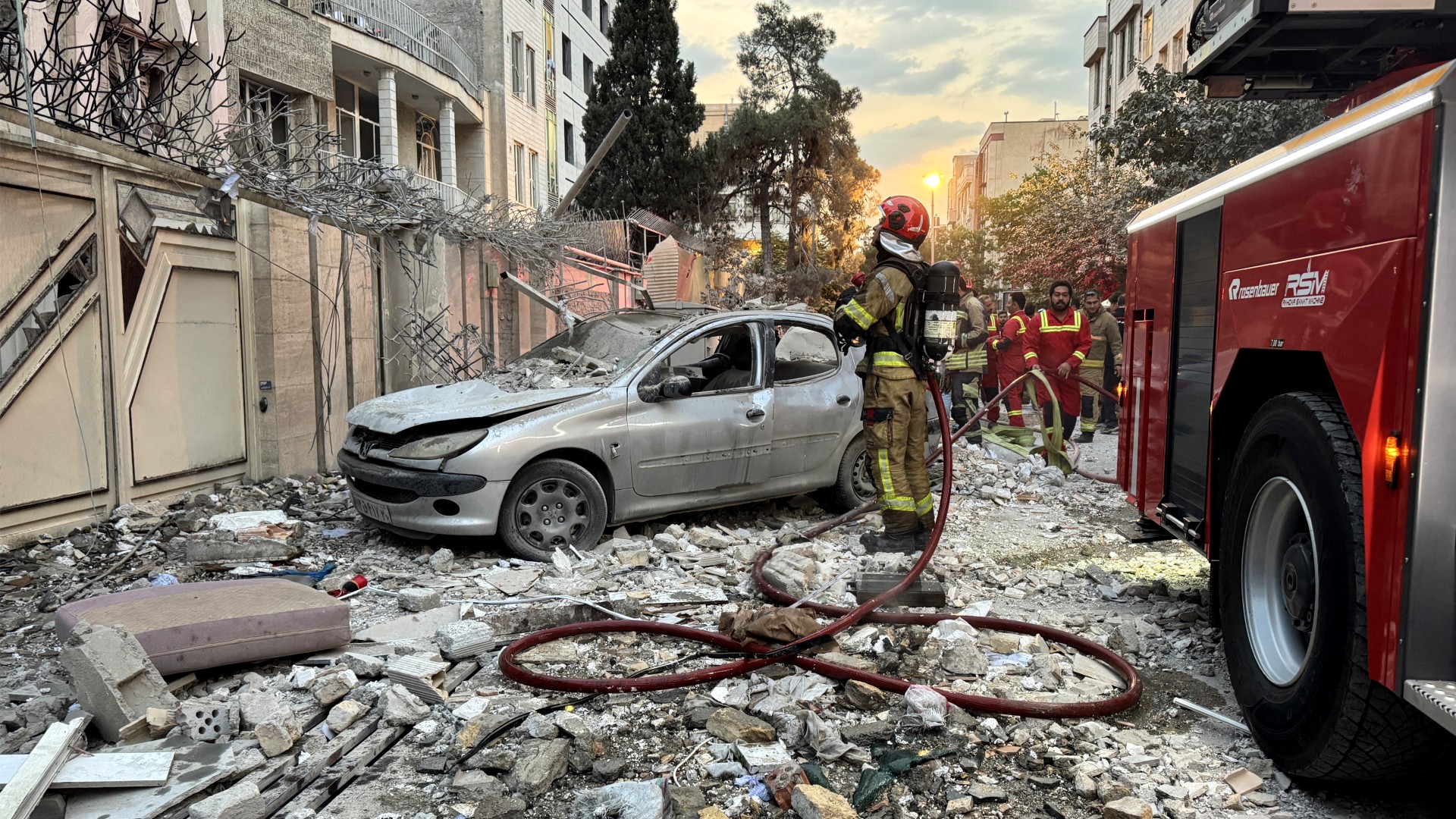 How the Israel-Iran conflict broke out
How the Israel-Iran conflict broke outThe Explainer Israel's strike on Iran's nuclear and missile programmes was years in the planning
-
 Will the UK get involved in the Israel-Iran conflict?
Will the UK get involved in the Israel-Iran conflict?Today's Big Question Keir Starmer is 'walking a tightrope' in helping Israel limit Tehran's nuclear capabilities without being seen to do so
-
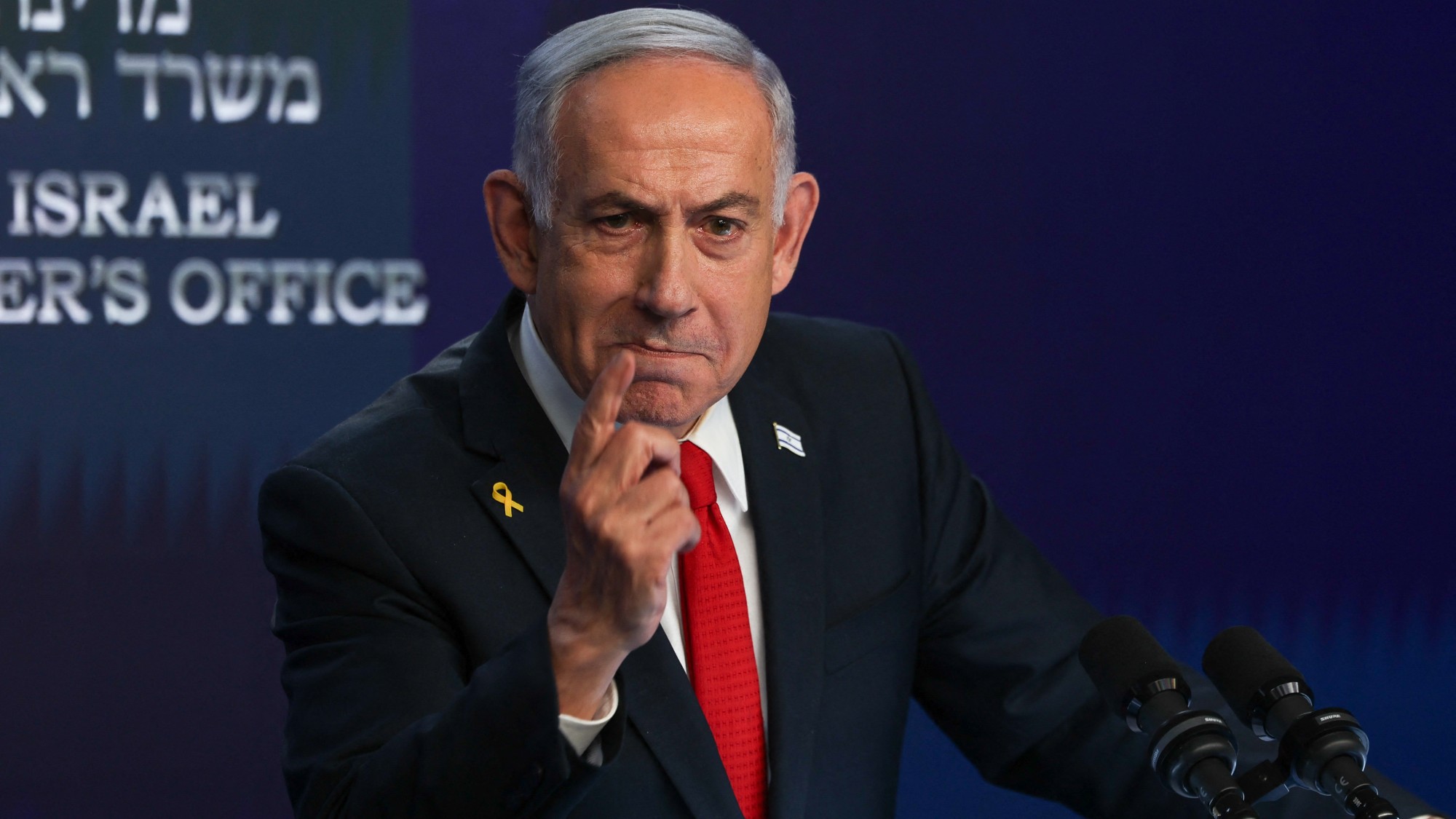 What happens if Israel attacks Iran?
What happens if Israel attacks Iran?TODAY'S BIG QUESTION Israel is 'ready to strike' and Tehran has plans for counterattacks against the US as nuclear talks appear deadlocked
-
 Is Israel finally feeling the heat on Gaza?
Is Israel finally feeling the heat on Gaza?Today's Big Question Benjamin Netanyahu allows aid to resume amid mounting international pressure and growing internal turmoil
-
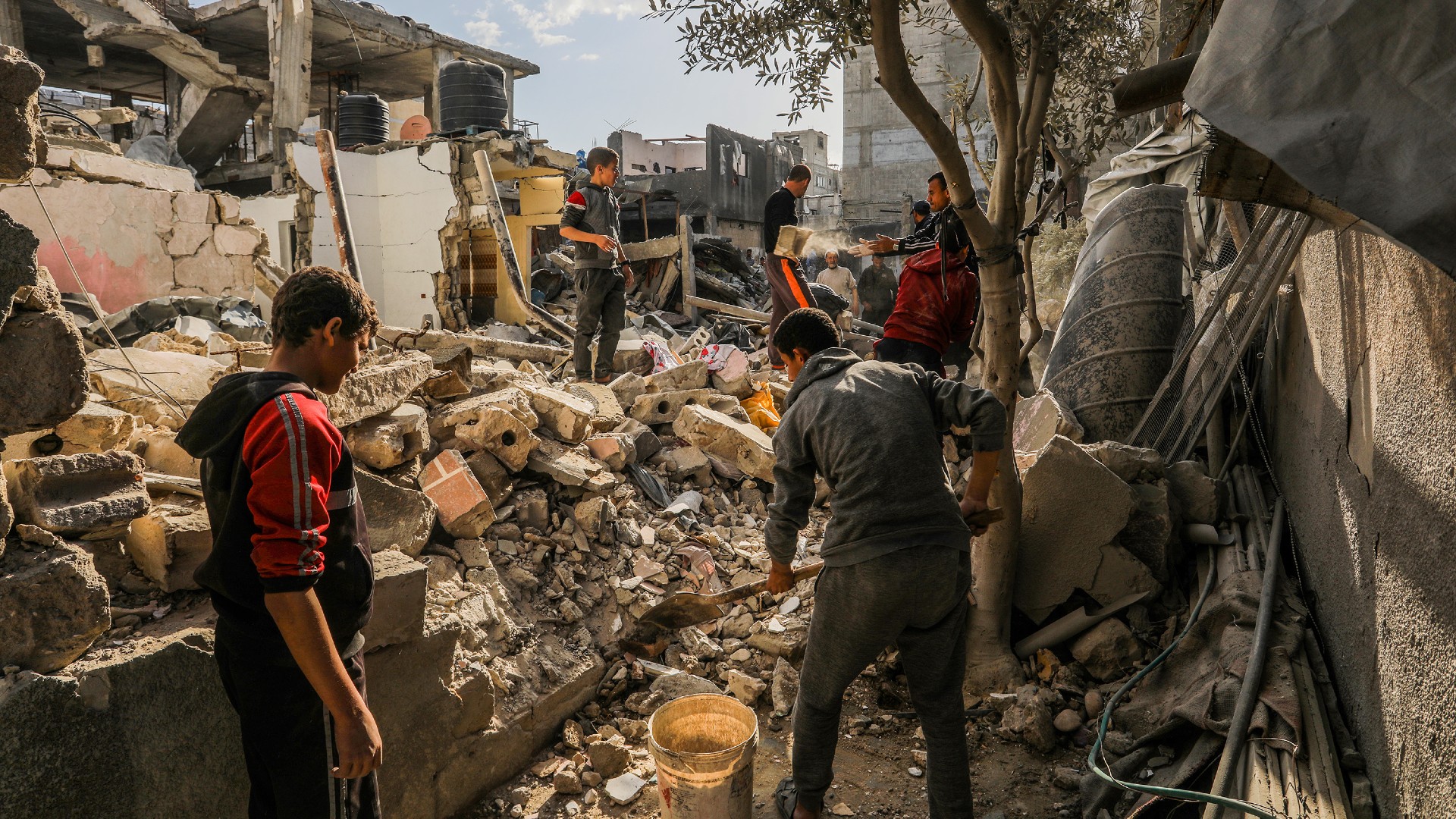 Israeli air strikes in Gaza: why has ceasefire collapsed?
Israeli air strikes in Gaza: why has ceasefire collapsed?Today's Big Question Start of 'broader and more sustained military operation' denounced by domestic groups representing hostage families
-
 Is Gaza ceasefire deal about to fizzle out?
Is Gaza ceasefire deal about to fizzle out?Today's Big Question Israel and Hamas accuse each other of deliberately breaking first phase of the fragile truce, which is set to expire on Saturday